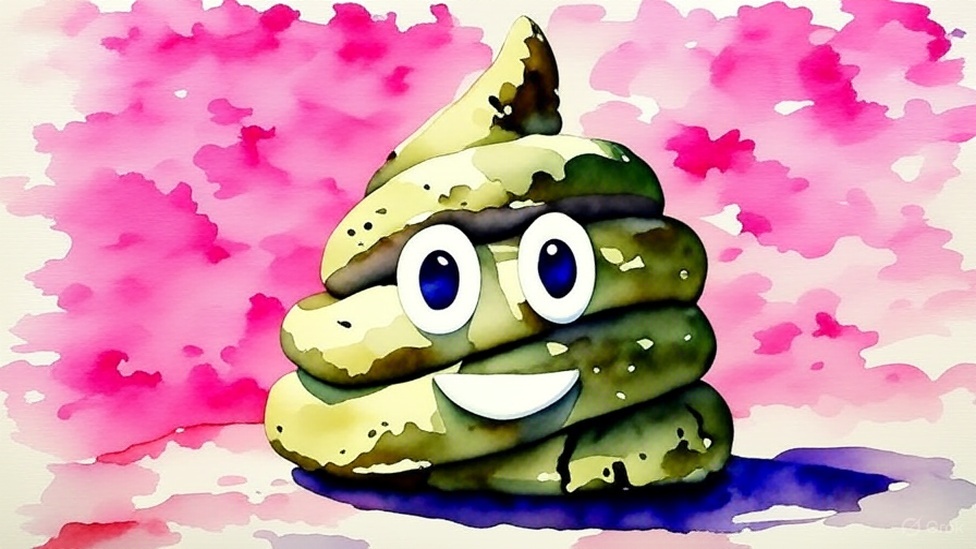My neighbor, an elderly man suffering from Alzheimer's, who stands at his front door every morning calling his wife. Every morning I go over to him and explain that his wife has been dead for years. I've considered lying to him or not responding at all. But I just don't want to start the day without seeing the happy smile on his face.
Okay, here’s my attempt at a “Joke Poo” based on the original Alzheimer’s joke, titled “Code Smell”:
Joke Poo: Code Smell
My coworker, a junior programmer with a severe case of “cargo culting,” stands at his monitor every morning, copy-pasting snippets of code from Stack Overflow. Every morning, I go over to him and explain that those snippets have been deprecated for years, are incredibly inefficient, and riddled with vulnerabilities. I’ve considered letting him continue, or even just ignoring him. But I just don’t want to start the day without seeing the horrified look on the security team’s faces during the code review.
Okay, let’s break down this joke (which is more of a heartwarming, bittersweet anecdote with a comedic twist).
Joke Dissection:
- Setup: Establishes a recurring scenario: An elderly man with Alzheimer’s calls for his deceased wife every morning.
- Expectation: The listener anticipates a somber or frustrating response from the neighbor. The narrator contemplates lying or ignoring him, which is a logical, potentially self-serving consideration.
- Twist/Inversion: The punchline reveals the narrator’s actual motivation: the joy of seeing the elderly man’s happy smile, prioritizing the man’s fleeting happiness over the narrator’s potential discomfort. It subverts the expectation of avoiding emotional labor.
- Core Elements:
- Alzheimer’s Disease: memory loss, repetition, confusion.
- Grief: The elderly man’s (and potentially the narrator’s) experience of loss.
- Emotional Labor: The narrator’s willingness to engage in potentially draining interaction.
- Human Connection: The unexpected bond and exchange of joy.
Comedic Enrichment:
Now, let’s leverage these elements to create something new:
Type: A “Did You Know?” observation, playing off the Alzheimer’s element.
Did you know: Alzheimer’s, ironically, doesn’t just steal memories – it sometimes loans them back, albeit temporarily and often slightly off-key, like a polka version of your favorite song. This helps explain why my neighbor, despite forgetting his wife is gone, somehow remembers to call her by the nickname only she used… “Buttercup.” Which is also what he calls the mailman now. The mailman is surprisingly good-natured about it. Maybe he delivers Alzheimer’s brochures as part of his route.


